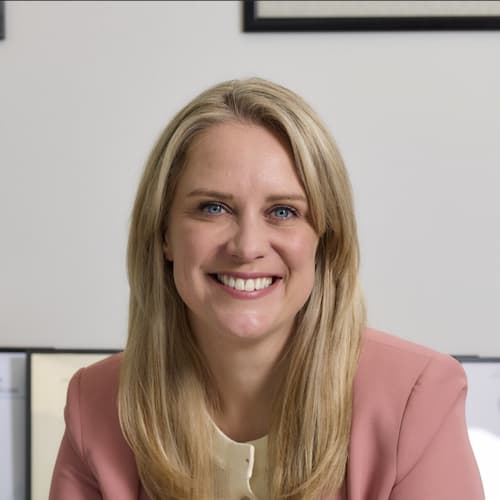

Essentially, it means the director owes money to the company.
An ODLA arises when a director withdraws more money from the company than they have contributed, without classifying it as salary, dividends, or reimbursed expenses.
To determine whether you owe money to the company, consider the following steps:
No, an ODLA is not automatically written off during liquidation. If the loan is undisputed and you have the ability to repay it, the liquidator will expect repayment.
During liquidation, the appointed liquidator is responsible for collecting company assets and repaying creditors. Since an ODLA represents money owed to the company, the liquidator will attempt to recover the outstanding balance from the director.
If you are unable to repay your ODLA in full, follow these steps:
To verify financial hardship, the liquidator will request detailed financial information. You will be required to provide:
By providing a clear and transparent financial overview, you can negotiate a feasible repayment arrangement or demonstrate your inability to repay the debt.

I am Molly Monks, a licensed insolvency practitioner at Parker Walsh. I have over 20 years of experience helping directors with the financial struggles they may face. I understand that it can be overwhelming and stressful, so I offer practical straightforward advice, which is also free and confidential. I spend time with directors to get a good understanding of their business and their goals, therefore providing the best tailored advice possible.
Email: molly@parkerwalsh.co.uk
Phone: 0161 546 8143
WhatsApp: 07822 012199
